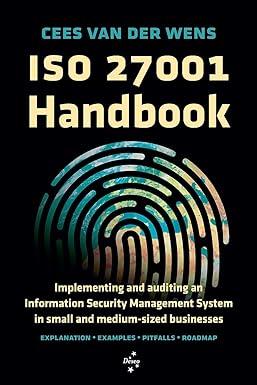Question
Robert and Lori (Robert's sister) own all of the stock in Swan Corporation (E/P = $1 million). Each owns 500 shares and has a basis
Robert and Lori (Robert's sister) own all of the stock in Swan Corporation (E/P = $1 million). Each owns 500 shares and has a basis of $85000 in the shares. Robert wants to sell his stocks for $600000, the fair market value, but he will be continued to be employed as an officer of Swan Corporation after the sale. Lori would like to purchase Robert's shares and, become the sole shareholder in Swan, but Lori is short of fund.
What are tax consequences to Robert, Lori, and Swan Corporation under the following circumstances:
1. Swan Corporation distributes cash of $600,000 to Lori, and she uses the cash to purchase Robert's shares.
Answer: $600,000 treated as dividend income to Lori, Corporation's E/P reduced by $600,000. Robert recieves $600,000, and basis in stocks is 85,000, therefore resulting a capital gain of 515,000 (600,000 - 85,000) for Robert
2. Swan Corporation redeems all Robert's shares for $600,000.
Answer: Robert has a capital gain of 515000, Corporation's E/P would be reduced by $500,000 (E/P was 1,000,000, 50% redeemed, therefore 500,000 remained)
As you can see, the answer to each question is posted as well. But could anyone explain what is logic behind doing in this way. Especially in the question, it mentions "Robert still served as an officer after redemption", does Famility Attribution Rule apply here? Do we have to think whehter is a qualified or nonqualified redemption here? Also based on what theory to determine when to treat it as dividend income, and when to treat it as capital gain?
Thank you so much for your explanation.
Step by Step Solution
There are 3 Steps involved in it
Step: 1

Get Instant Access to Expert-Tailored Solutions
See step-by-step solutions with expert insights and AI powered tools for academic success
Step: 2

Step: 3

Ace Your Homework with AI
Get the answers you need in no time with our AI-driven, step-by-step assistance
Get Started


